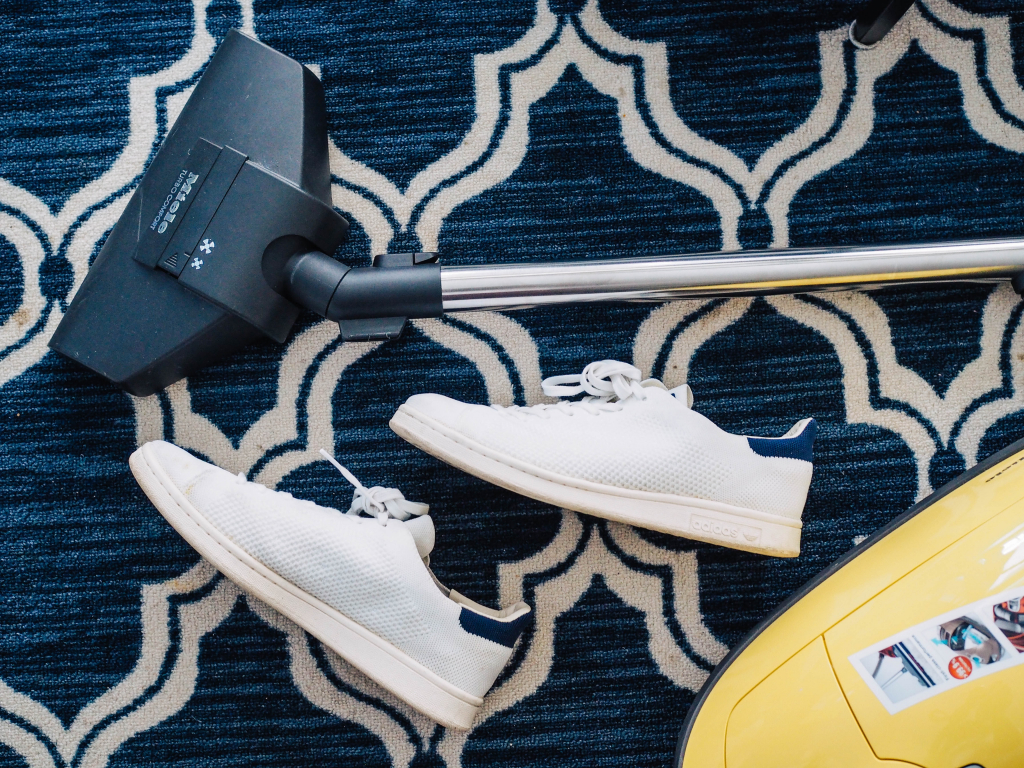When a tenant occupies your rental unit for a long time, minor and major damages to your property is oftentimes unavoidable, even if the tenant did his best to maintain the property.
Not all damages are intentionally inflicted, and some damages are simply signs of deterioration due to the amount of time the property existed, or what most people refer to as “usual wear and tear.”
The damages that are considered as normal wear and tear is never the fault of the tenant. As a landlord, you are the one responsible to fix such damages because it is your property. This doesn’t mean, however, that the damage is due to your negligence. Most of these damages are just brought about by natural causes. Nonetheless, the cost for fixing such damage will be accounted to you. This means that your tenant’s security deposit is not supposed to cover it.
Some damages are beyond the normal wear and tear and this is where tenant accountability enters the picture. If there was physical damage in the unit during a tenant’s stay and it’s due to his negligence, he should be responsible to fix it accordingly or to pay for the cost of repair.
Before the beginning of your tenant’s stay, you need to establish what damages are considered normal wear and tear. It should be clear to your tenant and must be written on your leasing agreement, to avoid any conflict in the end.
Here are a few kinds of damage that can justify a deduction on a tenant’s security deposit:
1. A hole in the wall

One factor that needs to be considered when there is a hole or holes in your unit’s wall is the size. Small holes that might’ve been due to small pests or wood deterioration count as wear and tear, but huge holes that are very obvious is a major damage.
Especially in drywalls, a hole can easily be caused by careless nudges, roughhousing, hammering nails to hang photographs on, or hitting it with heavy objects like furniture.
If a tenant attempts to fix it by filling it in with a sock or random space-filling materials, it still wouldn’t count as a repair.
2. Damage due to cigarette smoke
If your tenant is a regular smoker, the drapes, wallpapers, and sheets in the unit can absorb the bad smell of stale smoke. It can also cause discoloration to the ceiling since smoke naturally rises.
If you have to repaint or change curtains because you can’t get rid of the awful smell, the cost must be deducted from the tenant’s deposit. If you routinely repaint your units every after turnover, you can only charge the tenant for the extensive wall cleaning needed before a paint job. The same rule applies if a tenant repainted your unit with a different color without your consent.

3. Stains, burns, and rips on the carpet
Again, the severity of the damage is a factor that must be considered. Carpets can easily get stained by dirt build-up that is usually due to the kind of fabric carpets are made of. However, if there are large hard-to-remove stains from spilled wine and grape juice, or if there are rips or burns caused by the tenant, it needs to be charged to him.
You can charge the tenant for expert stain removal or replacement of the carpet, provided that it is the justifiable option to address the issue, e.g., a small stain on a small corner of the carpet is not enough reason for replacement.

4. Severe damage to the water system
A tenant is obligated to inform you the moment they encounter plumbing issues like a leaky roof or toilet. Small water issues that are left unaddressed can cause more severe problems. If it gets to that point and the tenant neglected to inform you before the problem worsened, then the tenant will be accountable for the repair.
5. Missing appliances
If an appliance that goes with your furnished unit is missing, it must be charged to your tenant for the obvious reason that it is yours, so taking it constitutes as theft. The same goes for missing furniture, doors, windows, and screens. If he removed them from their original place but they can still be reinstalled, then the cost for reinstallation must be paid for by the tenant.
THINGS TO REMEMBER
Security deposits must be handled with care because housing laws have strict policies regarding the handling and usage of deposits. If you have to make deductions after a tenant moves out, make sure that you have the proper documentation of the damage and the receipts for all the repair services that were needed to fix the damage or loss.
Make sure that all repairs are done and your unit is in good condition before welcoming a new tenant. Once your unit is ready for new occupancy, publish your listing to property management websites like Padleads so that you can speed up your search for your next tenant.